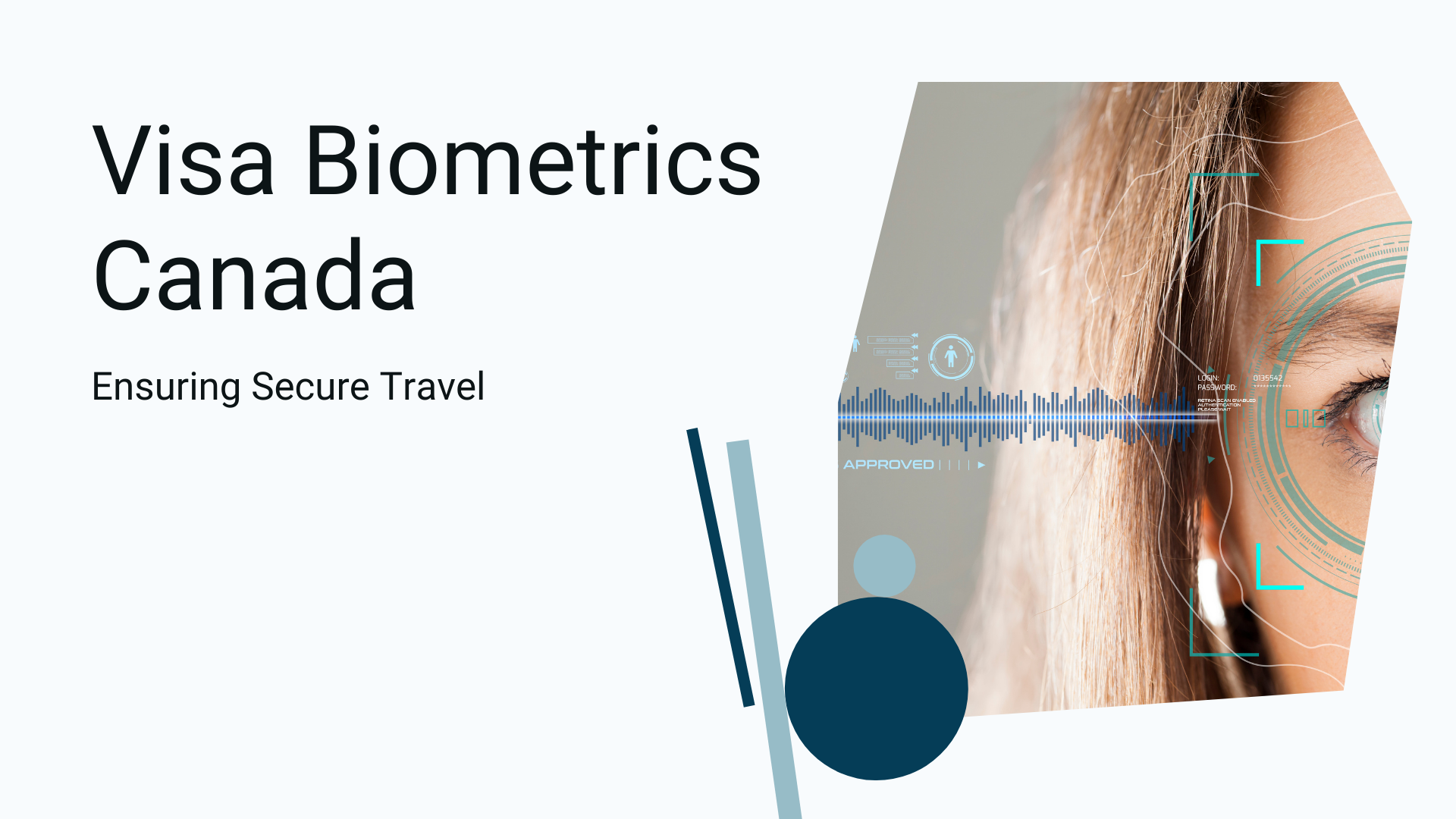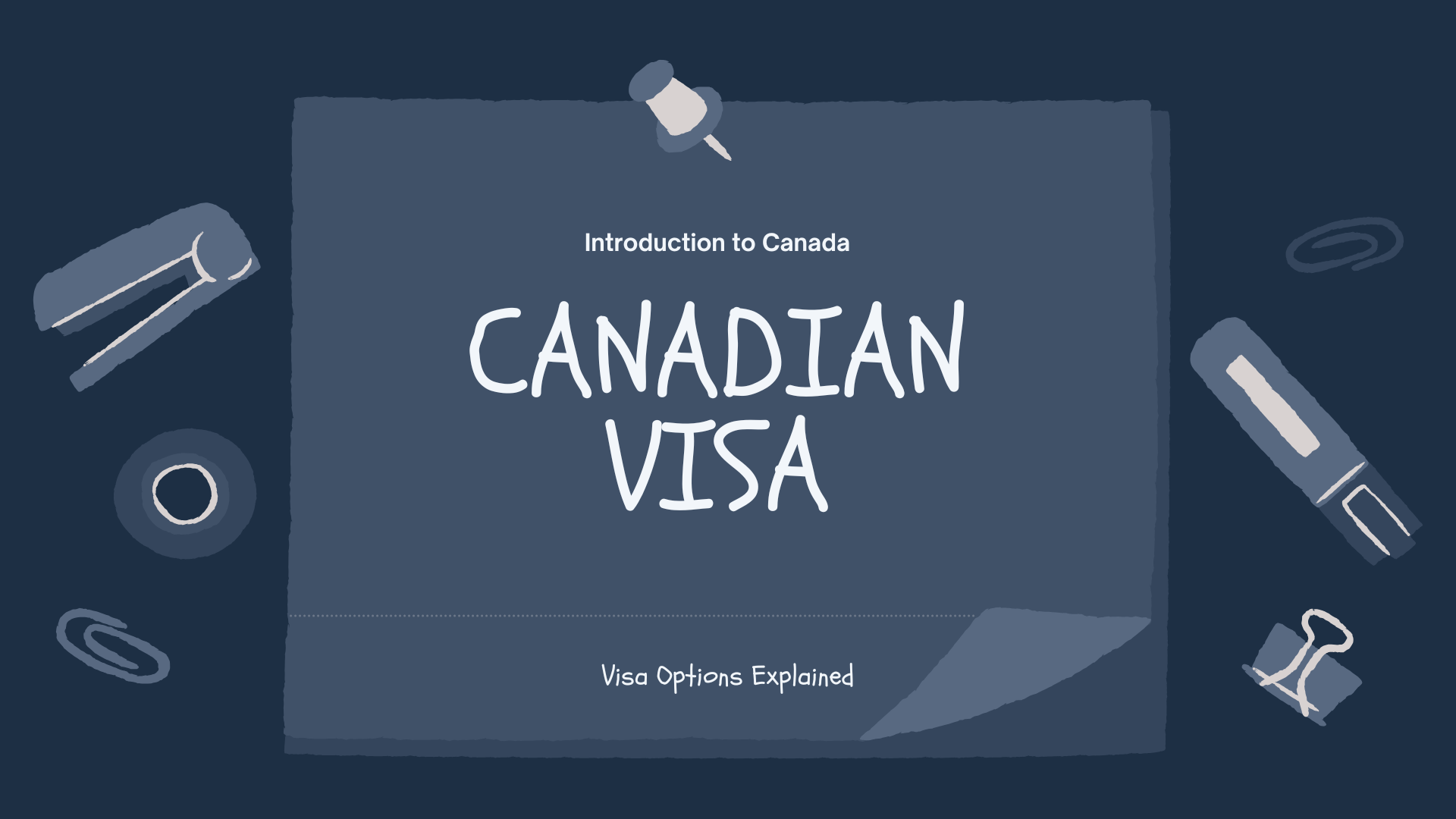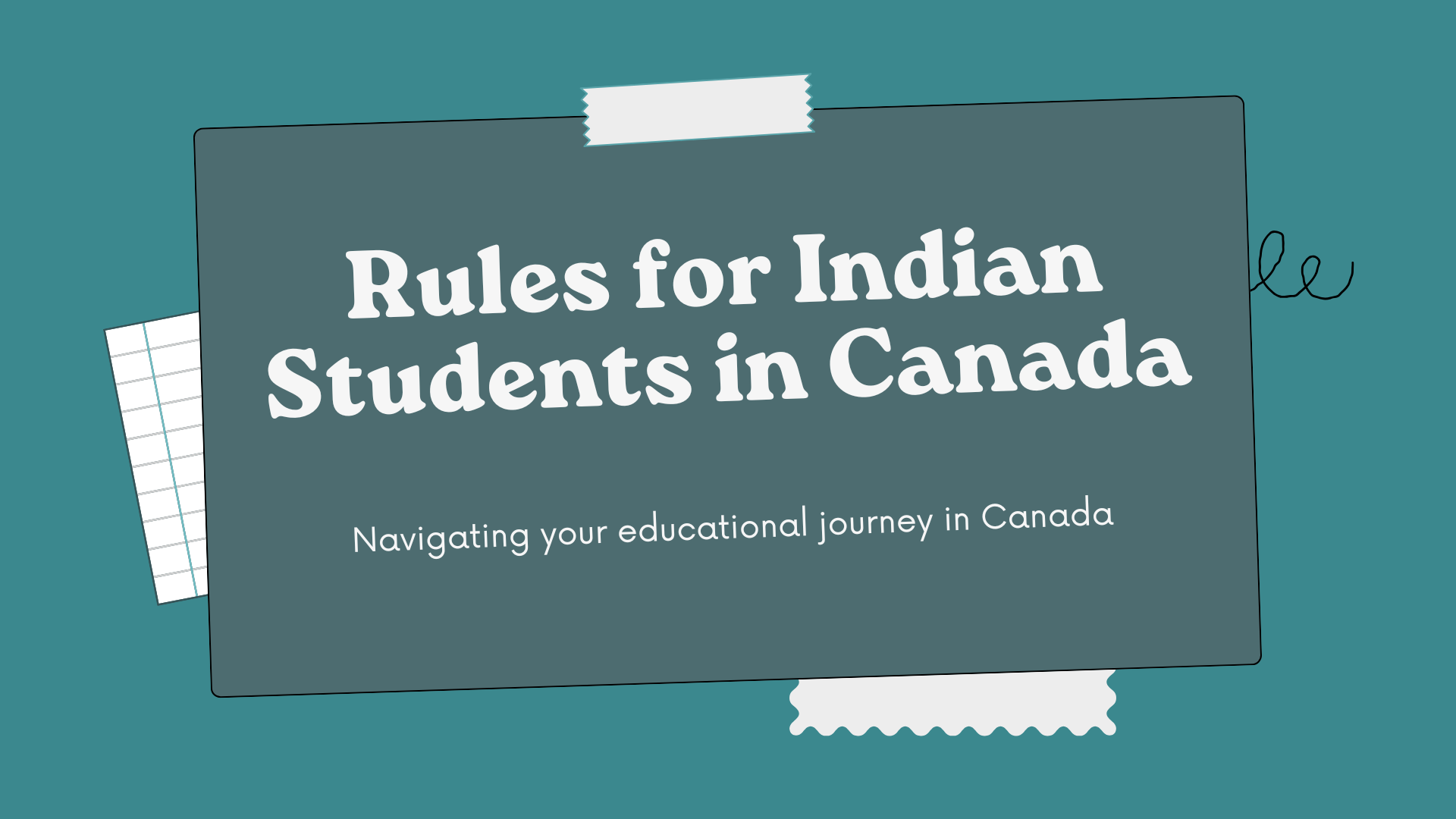Canada is one of the most popular destinations for international students, offering world-class education, cultural diversity, and opportunities to work while studying. One of the essential steps in securing a Canada study visa is meeting the English language proficiency requirements. For most international students, the IELTS requirement for Canada student visa is a key factor in the application process. This blog will provide a detailed overview of the Canada study visa IELTS requirements, the IRCC IELTS update, and how to ensure you meet the language proficiency standards set by Canadian immigration authorities.

Why is IELTS Important for Canada Study Visa?
The International English Language Testing System (IELTS) is one of the most widely recognized English proficiency tests. The Canadian government, along with Canadian universities, uses IELTS scores to determine whether a student can understand and communicate effectively in English, which is essential for academic success in Canada.
The IELTS requirement for Canada student visa is based on the type of program you are applying for, the institution, and your chosen course of study. Achieving the required IELTS score is a crucial step toward obtaining your study permit (student visa).
What is the IRCC IELTS Update?
The IRCC (Immigration, Refugees, and Citizenship Canada) is responsible for managing Canadian immigration and student visas. The IRCC periodically provides updates regarding language proficiency requirements for study permits. These updates often include changes to the minimum IELTS score required, changes in the test’s validity, or adjustments in the list of accepted English proficiency tests.
The latest IRCC IELTS update emphasizes the importance of ensuring that your IELTS test scores meet the specific requirements set by Canadian immigration officials and institutions. For example, the IRCC may provide clarifications on the types of IELTS tests accepted or the minimum score thresholds for various study programs.
It's essential for prospective students to keep an eye on these updates to avoid any confusion or delays in the visa application process. Ensure that your IELTS test results align with the most current requirements provided by the IRCC.
Canada Study Visa IELTS Requirements
When applying for a Canada study visa, meeting the IELTS requirement is often one of the most significant steps. However, the required IELTS score can vary depending on the type of program and the university or institution to which you’re applying.
General IELTS Requirements for Canada Study Visa
Generally, the Canada study visa IELTS requirements are as follows:
- Undergraduate Programs:
- For undergraduate programs, Canadian universities typically require an IELTS band score of 6.0 to 6.5 overall. The specific score needed may vary by university or program.
- Each component (Listening, Reading, Writing, and Speaking) typically requires a minimum score of 5.5 or 6.0.
- Postgraduate Programs:
- For graduate programs, the IELTS requirement tends to be higher. Most universities require an overall IELTS band score of 6.5 to 7.0.
- Like undergraduate programs, postgraduate programs generally require individual component scores of 6.0 or higher, though some institutions may have stricter requirements.
- English for Academic Purposes (EAP) Programs:
- If you do not meet the standard IELTS requirement for your program, many Canadian institutions offer EAP (English for Academic Purposes) programs. These are preparatory courses designed to improve your language skills before starting your academic studies.
- EAP programs may accept a lower IELTS score, often around 5.0 to 5.5 overall, with individual component scores varying.
- College or Vocational Programs:
- Colleges and vocational programs may have slightly more flexible IELTS requirements. Typically, an overall score of 6.0 with no individual component score lower than 5.5 is acceptable.
- However, some colleges may accept students with an IELTS band score as low as 5.5 if they meet other criteria or have relevant experience.
What are the Components of the IELTS Test?
The IELTS exam is divided into four main components that assess different language skills:
- Listening: The listening test consists of four sections, each with ten questions, and lasts for about 30 minutes. It evaluates your ability to understand spoken English in various contexts, such as conversations and lectures.
- Reading: The reading test lasts 60 minutes and consists of 40 questions. It assesses your ability to understand written texts, identify information, and interpret meaning from academic texts, advertisements, and newspapers.
- Writing: The writing section has two tasks. The first task requires you to write a short essay based on a given chart, graph, or diagram. The second task involves writing an opinion essay or a problem-solution essay. The writing section lasts 60 minutes.
- Speaking: The speaking test is conducted in person with an examiner and lasts 11-14 minutes. It consists of three parts: an introduction, a discussion on familiar topics, and a short speech on a given topic.
Each of these sections is graded on a scale of 0 to 9, and your overall IELTS score is an average of these individual band scores.
How to Meet the IELTS Requirements for Canada Study Visa
To ensure you meet the Canada study visa IELTS requirements, follow these steps:

- Check University or Program Requirements: Before booking your IELTS test, check the specific IELTS requirements of the university or program you are applying to. Some programs may require higher scores, so make sure to review the entry requirements carefully.
- Prepare for the IELTS Test: Achieving a high IELTS score requires preparation. You can prepare by:
- Taking IELTS preparation courses.
- Practicing sample tests and understanding the test format.
- Improving your language skills through daily practice, such as reading newspapers, watching English movies, or engaging in English conversations.
- Register for the IELTS Test: Once you feel prepared, you can register for the IELTS exam. The IELTS exam is available in multiple locations worldwide, and you can choose a convenient test date. It is important to plan ahead and register early, as test dates can fill up quickly.
- Take the IELTS Exam: On the day of the exam, arrive at the test center well-prepared and on time. Bring the required identification documents, such as your passport or government-issued ID.
- Submit Your IELTS Results: Once you receive your IELTS results, check if the scores meet the Canada study visa IELTS requirements of your chosen institution or program. If you are applying for a study visa, submit your IELTS results as part of your visa application to demonstrate your English language proficiency.
- Apply for Your Canada Study Visa: Once you have your IELTS scores, you can proceed to apply for your Canada study visa. Ensure that you meet the eligibility criteria for the visa, including proof of acceptance from a Designated Learning Institution (DLI), sufficient funds for tuition and living expenses, and a clean criminal record.
Validity of IELTS Scores
IELTS scores are generally valid for two years. If your scores are older than two years by the time you apply for a study visa, you will likely need to retake the exam.
Conclusion
Meeting the Canada study visa IELTS requirements is a crucial part of your journey to studying in Canada. Ensuring that you have the required IELTS score will not only strengthen your application but also demonstrate your ability to succeed in an English-speaking academic environment. Make sure to check the specific IELTS score requirements for your program, prepare well for the test, and stay updated on the latest IRCC IELTS updates. By following these steps, you can enhance your chances of obtaining your Canada study visa and embarking on a fulfilling academic journey in one of the world’s most sought-after study destinations.
Frequently Asked Questions (FAQs)
What is the IELTS requirement for a Canada study visa?
To obtain a study permit for Canada, applicants are generally required to demonstrate English language proficiency. While specific requirements can vary by institution and program, a common standard is an overall IELTS band score of 6.0, with no individual band score (Listening, Reading, Writing, Speaking) below 5.5. However, for postgraduate programs, higher scores may be required.
Are there different IELTS requirements for undergraduate and postgraduate programs in Canada?
Yes, the IELTS requirements often differ:
- Undergraduate Programs: Typically require an overall IELTS score of 6.0, with no band less than 5.5.
- Postgraduate Programs: Generally require a higher overall IELTS score of 6.5, with no band less than 6.0.
These requirements can vary depending on the institution and specific program.
Can I study in Canada without taking the IELTS exam?
Some Canadian institutions may offer alternative language proficiency tests or pathways, such as English as a Second Language (ESL) programs, for students who do not have IELTS scores. However, many institutions and programs do require IELTS scores as part of their admission criteria.
How can I prepare for the IELTS to meet the Canadian study visa requirements?
Preparation strategies include:
- Understand the Test Format: Familiarize yourself with the four sections of the IELTS: Listening, Reading, Writing, and Speaking.
- Practice Regularly: Use official IELTS practice materials and take practice tests to identify and improve on weak areas.
- Enroll in Preparation Courses: Consider joining IELTS preparation courses offered by reputable language schools or online platforms.
- Enhance English Skills: Engage in activities that improve your English proficiency, such as reading English newspapers, watching English-language media, and conversing with native speakers.
How long are IELTS scores valid for Canadian study visa applications?
IELTS scores are typically valid for two years from the date of the test. Ensure that your test results are valid at the time of your study permit application submission.
What should I do if my IELTS score does not meet the minimum requirement?
If your IELTS score falls short of the required minimum:
- Retake the Test: After additional preparation, consider retaking the IELTS to achieve the necessary scores.
- Enroll in English Language Programs: Some Canadian institutions offer English language improvement programs. Completing these may grant you conditional admission.
- Explore Alternative Institutions: Research other institutions or programs with more flexible Research other institutions or programs with more flexible language proficiency requirements.


















